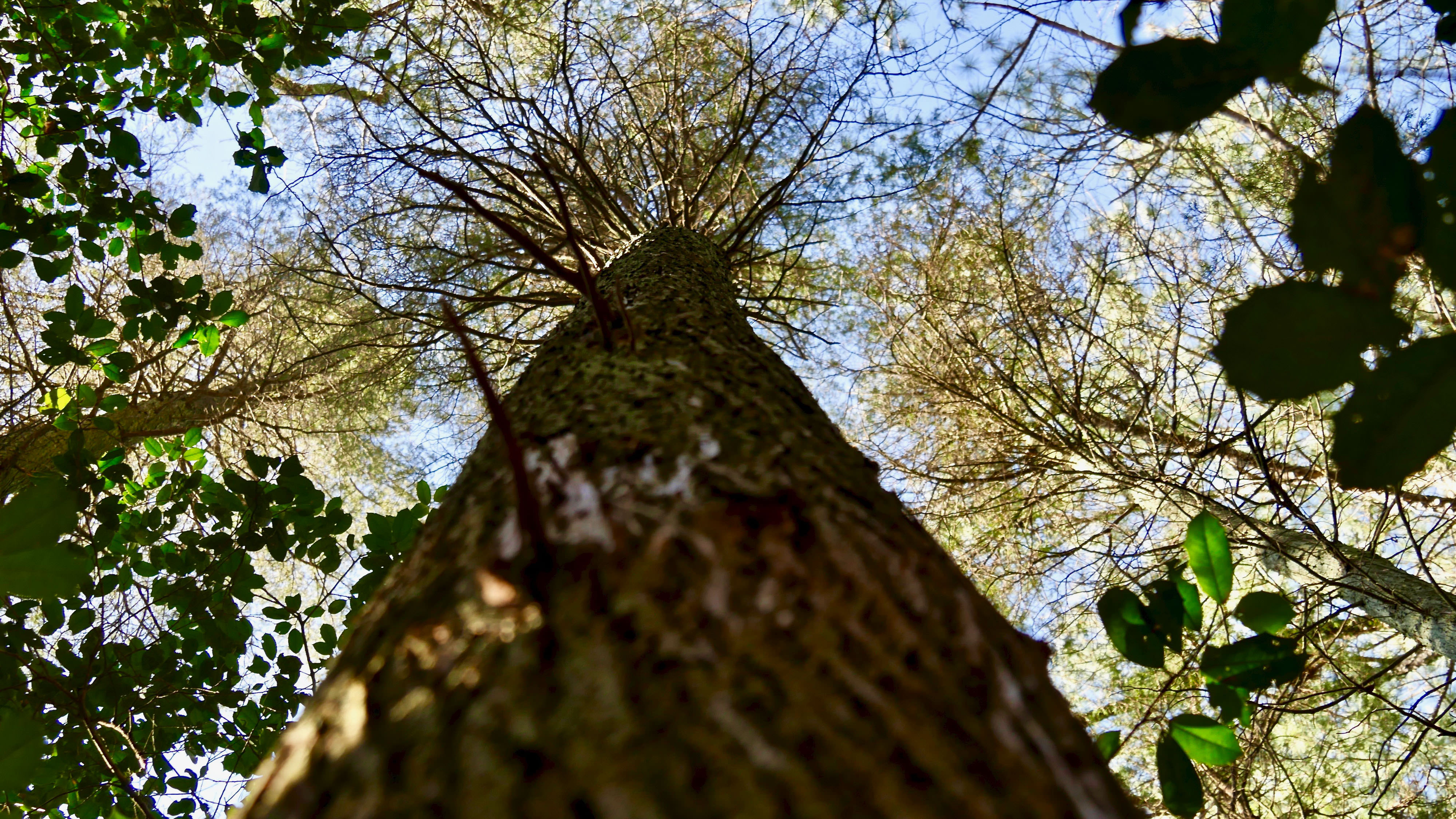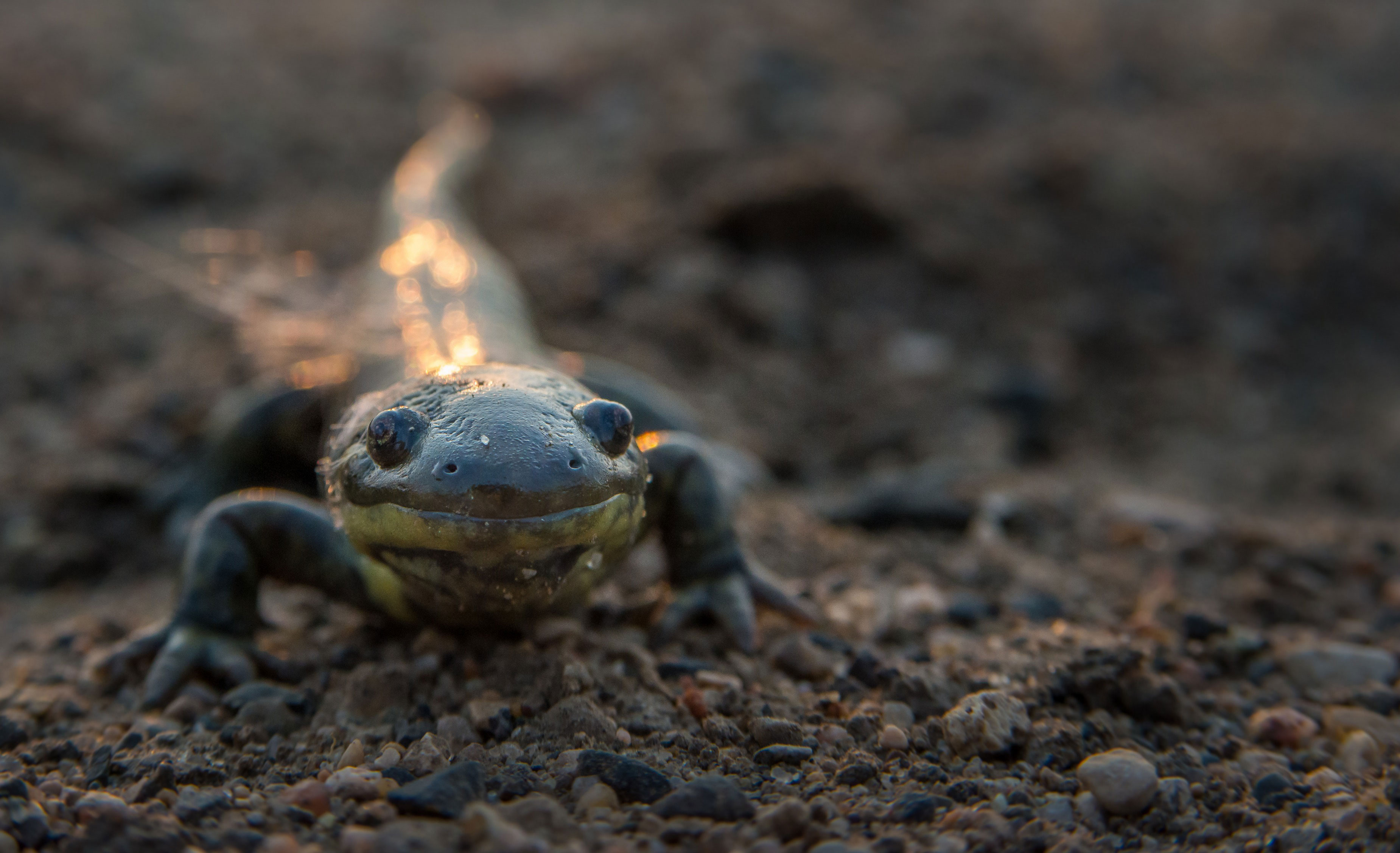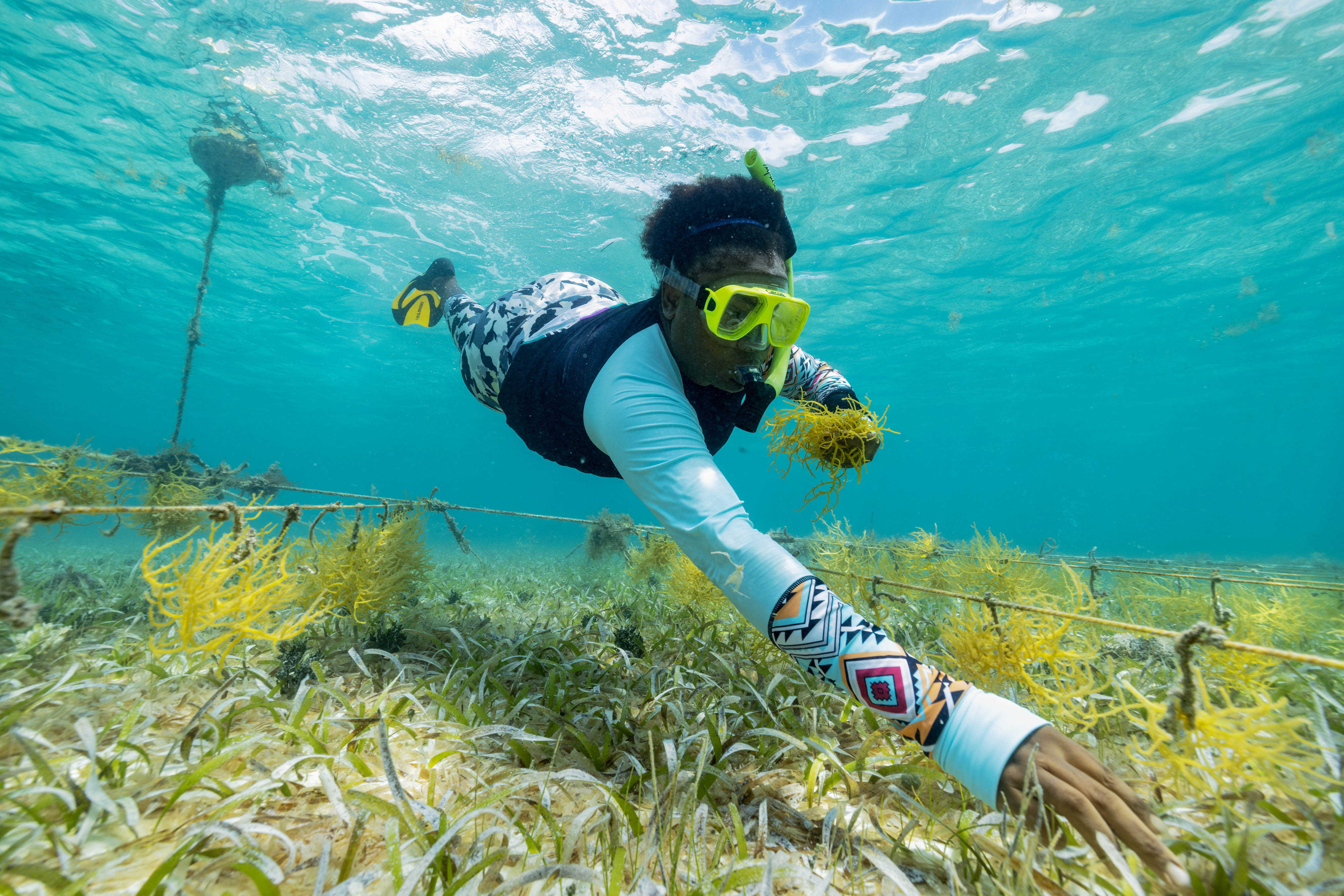
A Year of Conservation Results
2024 was an important year for conservation. Explore some of our conservation wins and projects in Delaware.
The Nature Conservancy (TNC) envisions a future with a livable climate, healthy communities and people and nature thriving together. Turning this vision into reality begins with a clear recognition of the challenges we face and a bold commitment to action. Your support helped make our success possible this year, and we are sincerely grateful. Thank you.
Stay in Touch
Sign up to receive monthly email conservation news & updates from Pennsylvania.
Our conservation initiatives in Delaware directly benefit the entire Northeast U.S. and contribute to TNC’s ambitious global goals. We tackle the climate crisis head-on, working with communities and policymakers to ensure cleaner air and reduce vulnerability to flooding and heat waves. We protect natural areas and wildlife corridors locally and globally. We help farmers in the U.S. and around the world provide the food we eat every day while keeping our rivers and oceans clean.
We are nearly halfway through a critical decade. Everything we do between now and 2030 will have a lasting impact in Delaware and across the globe. On the following pages, we’ll share some of the stories from 2024 that show the collective power and impact of TNC and our partners. Thank you for being a part of this journey with us. Together, we find a way.
-

- Lori Brennan
Executive Director, TNC Pennsylvania/Delaware
Local action matters and our conservation projects throughout Delaware and Pennsylvania directly support TNC's 2030 global goals.
Each goal represents an accumulation of outcomes from multiple conservation and policy strategies including protection, management, restoration, stewardship, finance, project implementation, community engagement and scientific and technical support.
See how our local actions are contributing to our global 2030 goals:
Provide


Together, we’re protecting freshwater wetlands.
We protect nature’s filters.
Freshwater wetlands are a vital part of Delaware’s ecosystem, covering nearly 25% of the First State’s land area. These natural wonders reduce the impacts of heavy storms, recharge groundwater reserves and filter excess pollutants to maintain clean water. They are also dynamic and vibrant places where an incredible web of biodiversity exists in careful balance.
Delaware is estimated to have the highest percentage of pollution-impacted rivers and streams in the U.S., and despite losing thousands of acres of freshwater wetlands over the past century, Delaware is the only Mid-Atlantic state without its own program to protect non-tidal wetlands, leaving approximately 75,000 acres unprotected. What’s more, sea level rise is leading to an increase in saltwater inundation, threatening productive agricultural fields.
In Dover, we are advocating for statewide freshwater wetlands legislation that will close the protection gap and ensure the future of these vital systems. TNC is also working with partners to build a statewide conservation strategy and the Open Space Blueprint for Delaware offers a vision for land conservation that protects our wildlife and waters.
Global Spotlight
Blue Carbon
Coastal wetlands shield against climate change by defending against storm surges, flooding, and erosion, while sequestering carbon up to five times more than rainforests. TNC teams in 10 countries seek funding for climate resilience projects to boost blue carbon markets, preserve wetlands and support net-zero goals in key areas.

Protect


Together, we’re protecting healthy lands.
Controlled Burning
Controlled burns help promote native species habitat and reduce invasive species.
Explore the Power of Good FireWe manage for resiliency.
By implementing controlled burning and managing the natural process of fire on the landscape, TNC helps promote native species habitat, reduce invasive species and mitigate the risk of out-of-control wildfires. In 2024, TNC staff and seasonal fire crews in Delaware participated in 28 burns totaling over 2,800 acres in Delaware and Maryland at TNC preserves, state forests and state parks.
Spotlight: Stewarding our Lands
Since 2017, Delaware Stewardship Manager Natasha Whetzel has led TNC’s controlled burning program in Delaware. This spring, she achieved a career milestone by becoming a certified Burn Boss, the culmination of 11 years of dedication and training. She is one of just a few women in the Mid-Atlantic region to earn this distinction.
“I enjoy that my work allows us to manage our fire-adapted and dependent lands the way they should be managed,” says Natasha. “The natural fire regime our landscapes used to see was removed over the past century and we are losing our plant diversity and native plant communities at an alarming rate.”
“A continual highlight of my work is being able to witness rare or interesting plants return to a landscape and thrive following management,” she adds. “Recently, we saw we saw a revival in crested bog orchids when tree thinning increased sunlight on the forest floor and stimulated its growth. We’ve also seen the Hessel’s Hairstreak butterfly on a TNC preserve—the first documented sighting in 20 years.”
Quote: Natasha Whetzel
Controlled burning and innovative stewardship make these outcomes possible. I’m hopeful we can hold on to Delaware’s natural heritage through proper management and restoration of its natural lands.

We promote biodiversity.
It was a year of rare finds in Delaware thanks to TNC’s land protection and ongoing conservation efforts:
-

Atlantic White Cedar tree
Delaware’s largest Atlantic White Cedar tree, a globally threatened species that plays host to a variety of rare and threatened birds and insects, resides at Ponders Tract at Pemberton Forest Preserve. It measures 38 inches in diameter. Read more about this discovery.
-

Black rail
Nighttime audio recorders placed at Milford Neck Preserve captured evidence of a small nesting population of black rail, an elusive and endangered migratory bird. Learn more about this finding.
-

Eastern tiger salamander
Delaware’s eastern tiger salamander count has been declining due to habitat loss and fragmentation, but TNC’s Pemberton Forest Preserve is one of only two protected areas in Sussex County with a known breeding population. Explore additional rare species thriving in Delaware.
Climate


Together, we’re advancing a greener future.
We advocate for nature-friendly policies.
Delaware has pledged to reduce greenhouse gas emissions by 50% by 2030 and achieve net zero by 2050. We cannot meet this target without offshore wind energy, which is why now is the time to implement it.
TNC supports the rapid and sustainable development of offshore wind using science-driven impact mitigation strategies and engagement with key stakeholders. In June, TNC played a key role in supporting the passage of Senate Bill 265, the Offshore Wind Procurement Bill. The legislation puts Delaware in a strategic position to work with neighboring states on bringing affordable energy to our region.
TNC was also instrumental in the writing and passage of Senate Bill 237, which requires Delaware counties and municipalities to consider climate change and resilience in their comprehensive land use plans. The bill requires county plans to reduce risk to property, infrastructure, agriculture and natural resources; avoid new housing in areas vulnerable to flooding and sea level rise; mitigate car-centric development; and consider evacuation routes in case of weather emergencies.
We promote equitable climate adaptation for people and nature.
The Delaware Bayshore supports more than 50,000 acres of coastal wetlands, most of which are located within Kent and Sussex counties. Many of these ecosystems—along with adjacent coastal communities—will need to adapt to sea level rise and the impacts of climate change.
In late 2024, TNC shared its Coastal Resilience Roadmap for the Delaware Bayshore, a guidance document which identifies nature-based strategies to increase the resilience of coastal ecosystems and human communities. The development of the roadmap—which brought together federal, state and local government staff along with higher education and nonprofit partners—positions TNC to grow local partnerships and secure essential funding to support restoration and resilience projects.
Global Spotlight
Nature Bonds
We must act now to preserve nature, accelerate climate adaptation, and deploy international mitigation. TNC helps nations meet climate commitments by refinancing sovereign debt and unlocking funds for conservation. TNC and partners have worked with Belize, Barbados, Seychelles, and Gabon to access $400M in new funding.


Think Global, Act Local
Get monthly conservation news & the latest on local opportunities & projects.







